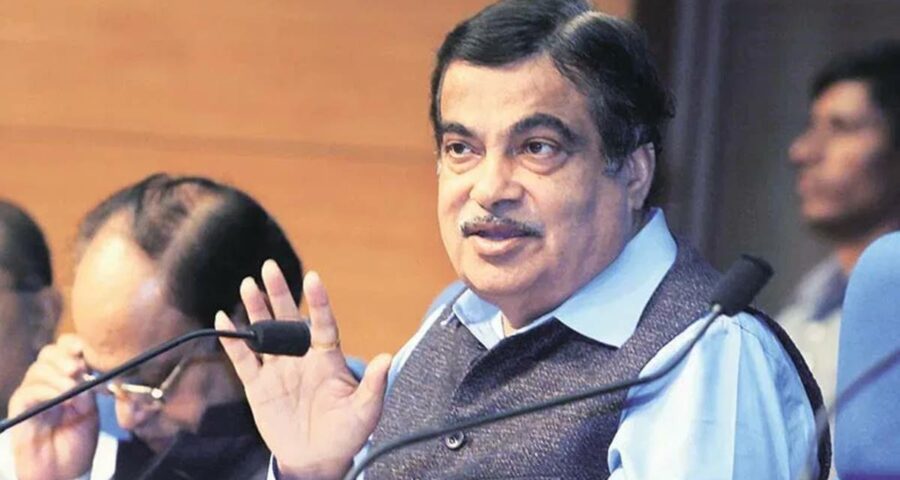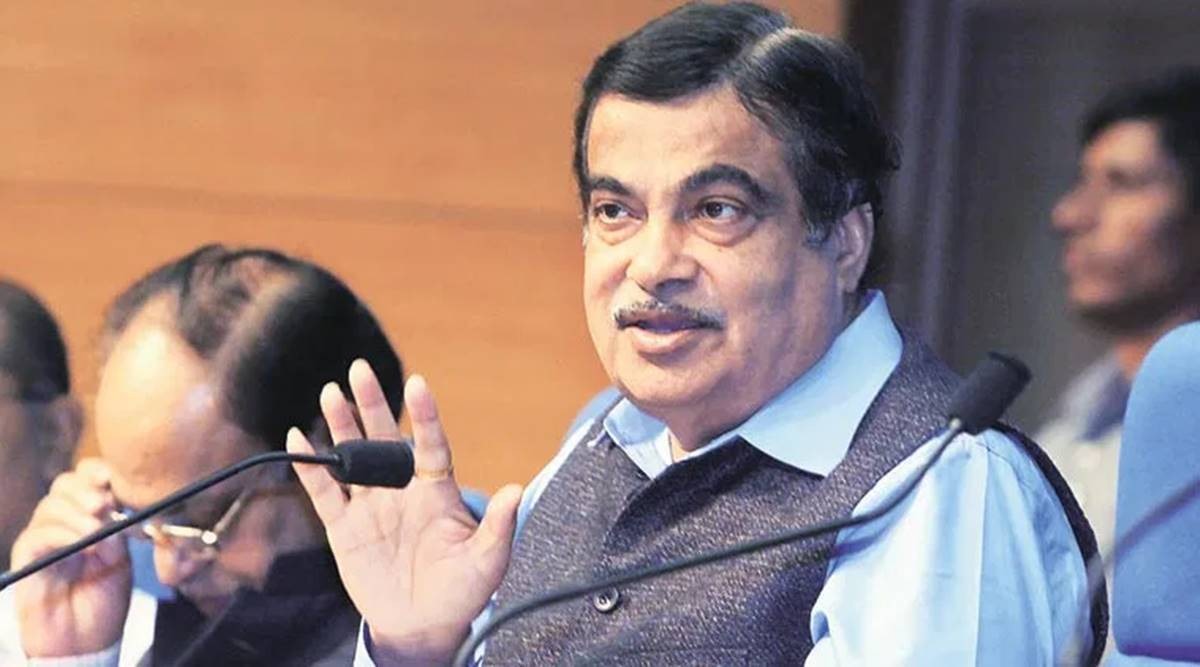Nitin Gadkari on Thursday said that an integrated approach, with all key arms of the government working in tandem, to develop the next generation technology will require a policy and work on that has started.
India will work out a policy to institutionalise research and development on the next generation of battery technologies for electric vehicles, like metal-ion, metal air, hydrogen fuel cell, etc, to replace lithium-ion batteries and reduce India’s dependence on other countries for its import within this decade.
Union Minister Nitin Gadkari on Thursday said that an integrated approach, with all key arms of the government working in tandem, to develop the next generation technology will require a policy and work on that has started.
“.. the challenge that we currently face as a nation is the control on strategic reserves on lithium. It is hence imperative for us to look for alternative technologies, like metal-ion and metal-air, using metals such as aluminium, zinc, iron-ore etc,” a note from the Ministry of Road Transport and Highways said.
Gadkari said that work on these areas has been happening in silos. “We will now work in an integrated and concerted manner bringing together the best technologies. We will also focus on economic viability… We need a policy in this regard and for it we have decided to take an integrated approach,” the Road Transport and Highways Minister said after chairing a meeting with key arms of the government late Wednesday.
The government’s Principal Scientific Advisor K VijayRaghavan, NITI Aayog CEO Amitabh Kant, Highways Secretary Giridhar Aramane, CSIR DG Shekhar Mande and others from DRDO, ISRO and IITs, besides Minister of State for Road Transport and Highways V K Singh participated in the meeting. “Most of us have come to realise that for lithium supply we are going to be dependent on one or two countries in the future. That can actually create some strategic issue with the country,” Mande told The Indian Express.
Why move is crucial
China is currently the leader in supplying lithium-ion batteries to the world, and India’s EV industry is heavily dependent on import of the batteries. China also has stakes in strategic reserves of lithium mines in other countries. The move to boost R&D on battery technology is significant in this context.
The various agencies made presentations on their projects and roadmap on battery technologies like lithium-ion, metal-ion, sodium sulphur, hydrogen, iron sulphur, polymer electrolyte membrane cell system, zinc gel, etc.
DRDO in its presentation showed how technology transfer has resulted in manufacture of 400 batteries of 120 MW by some institutes, and added that mass production could reduce its prices.
NITI Aayog said it has collaborated with four IITs including Guwahati and Delhi for research in aluminium-ion battery. Its CEO Amitabh Kant said that India should concentrate on lithium-ion alternative batteries and mining sector companies should explore opportunities abroad for acquiring assets in this regard.
Source: Read Full Article


